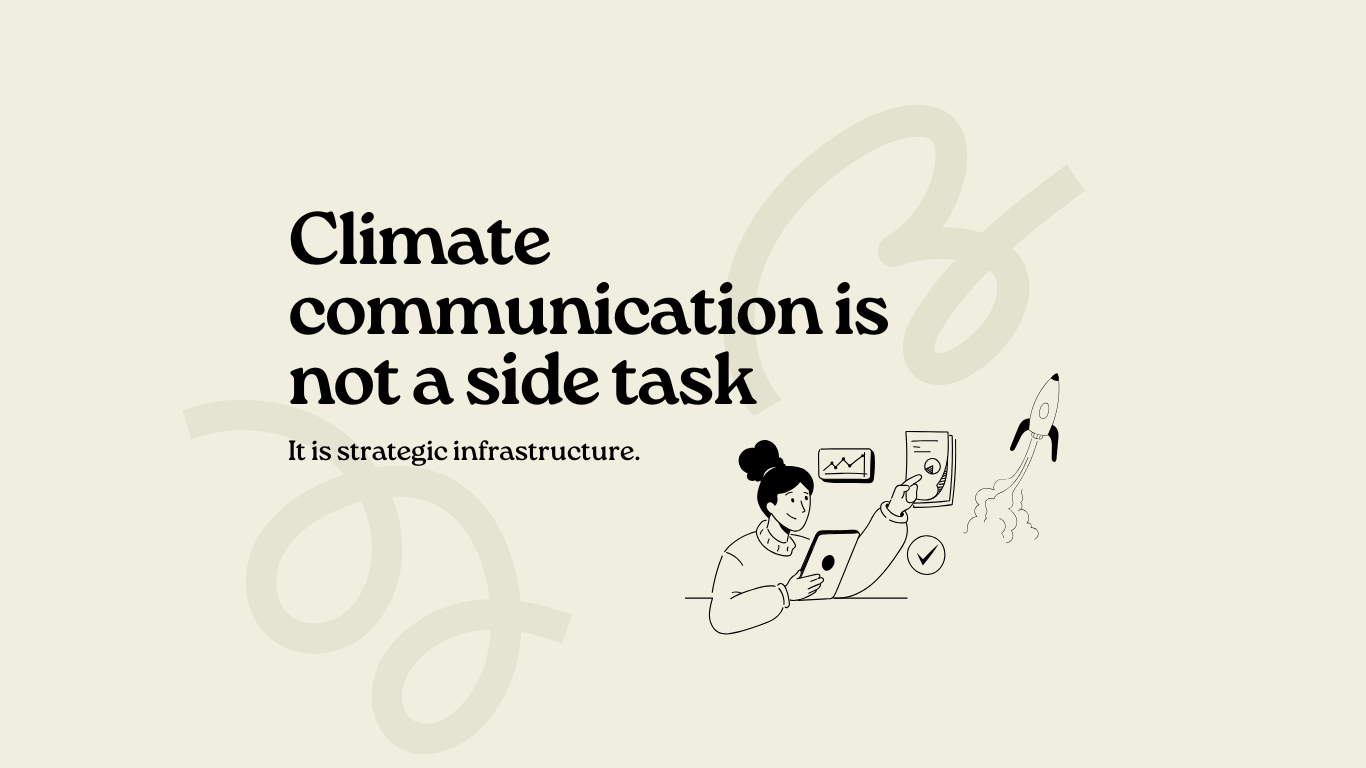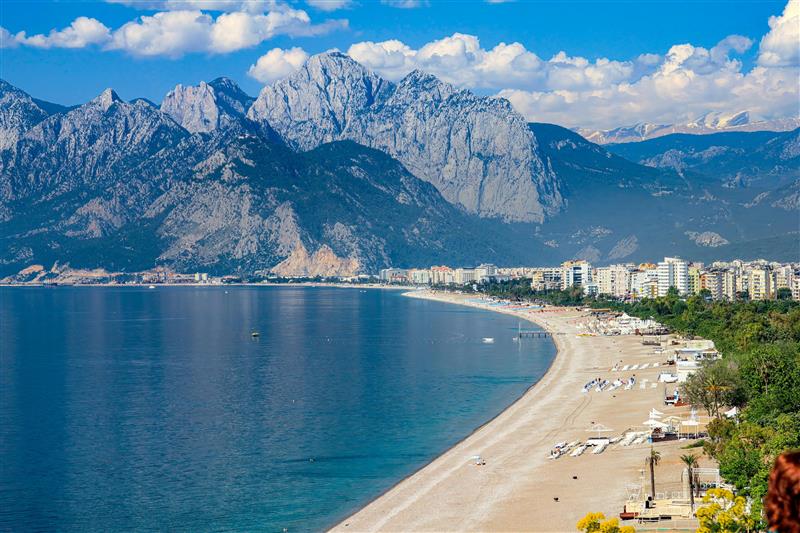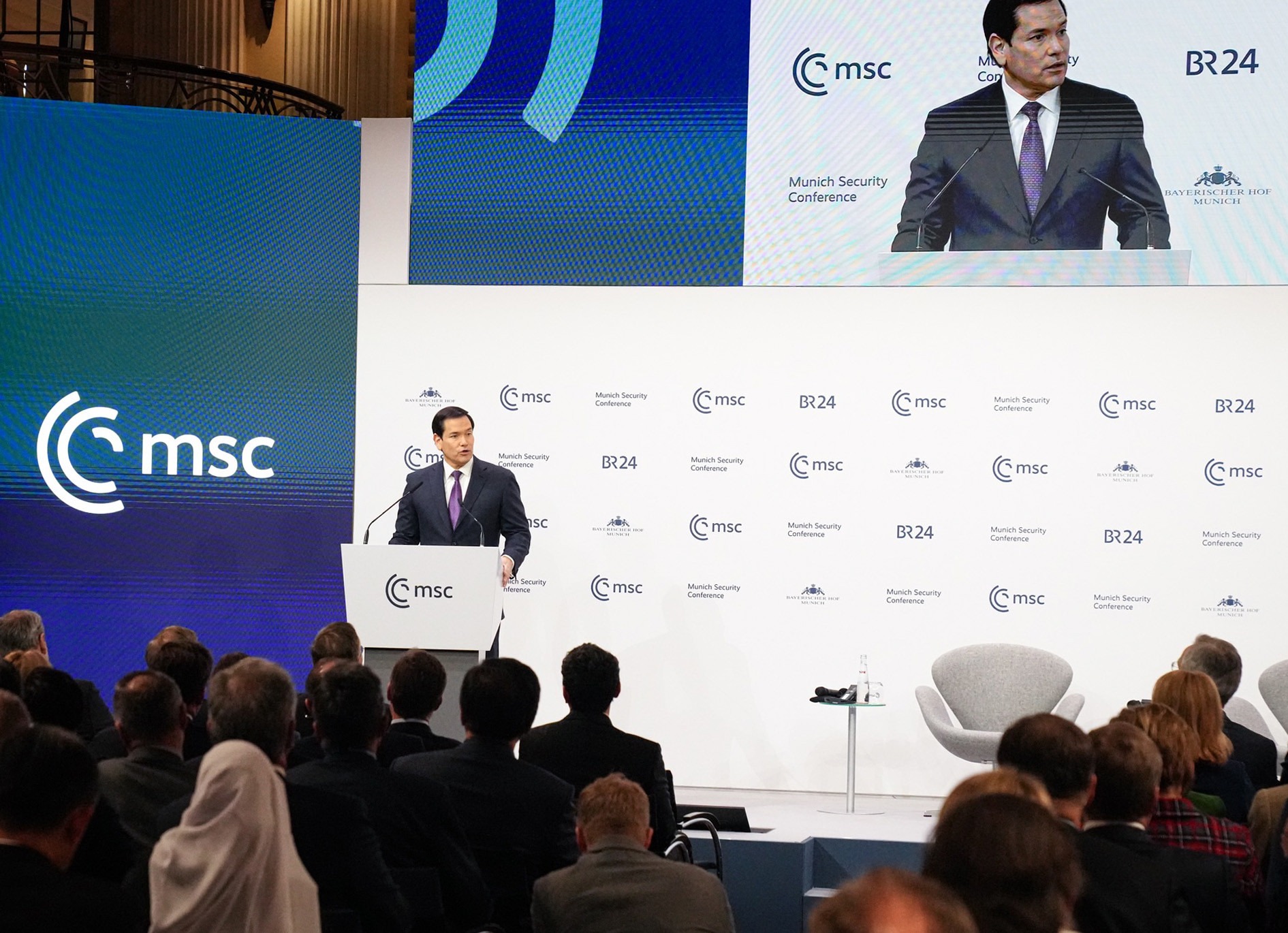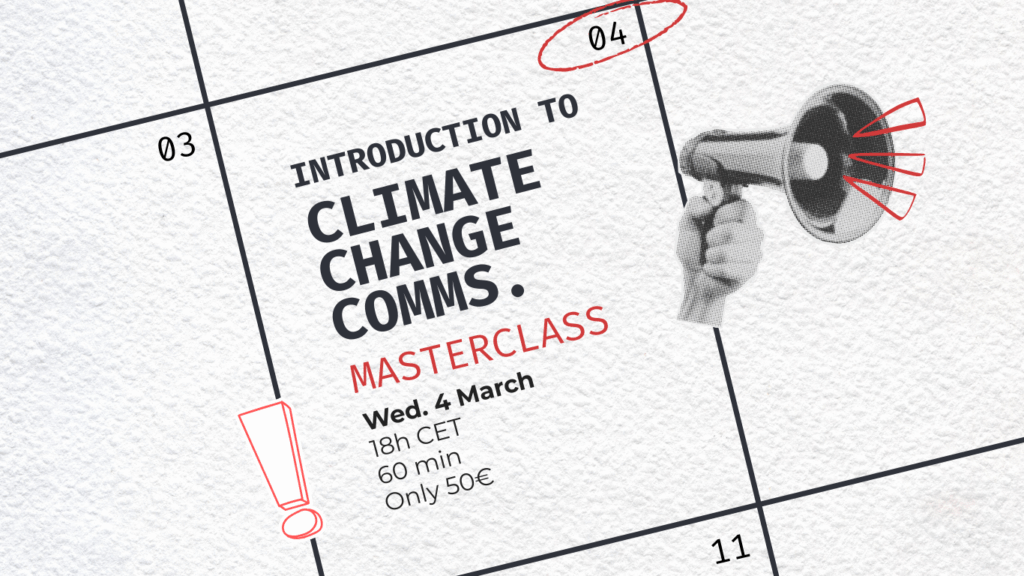First Energy Efficiency Day in Berlin advocated for better policies, new narratives and stronger collaboration
On Monday, 17 March, the first-ever Energy Efficiency Day took place in Berlin, a full-day deep dive into how we can—and must—accelerate energy efficiency to meet our climate, economic, and energy security goals. Held just before the Berlin Energy Transition Dialogue and hosted by Germany’s Federal Ministry for Economic Affairs and Climate Action (BMWK), the day brought together policymakers, industry leaders, and experts from across the globe.
The tone for the day was set by Parliamentary State Secretary Stefan Wenzel:
“Today, we need energy efficiency more than ever, to drive the energy transition, ensure energy security, and maintain our competitiveness. In short, energy efficiency is our first fuel!”.
The idea that “energy efficiency is the first fuel” is as compelling as it is simple: the cleanest, cheapest, and most secure unit of energy is the one we don’t use.
Energy Efficiency: Urgency and Opportunity
Despite its central role, energy efficiency has often been sidelined in the global energy conversation—misunderstood as a call for sacrifice or scarcity. But this narrative is not only outdated—it’s wrong.
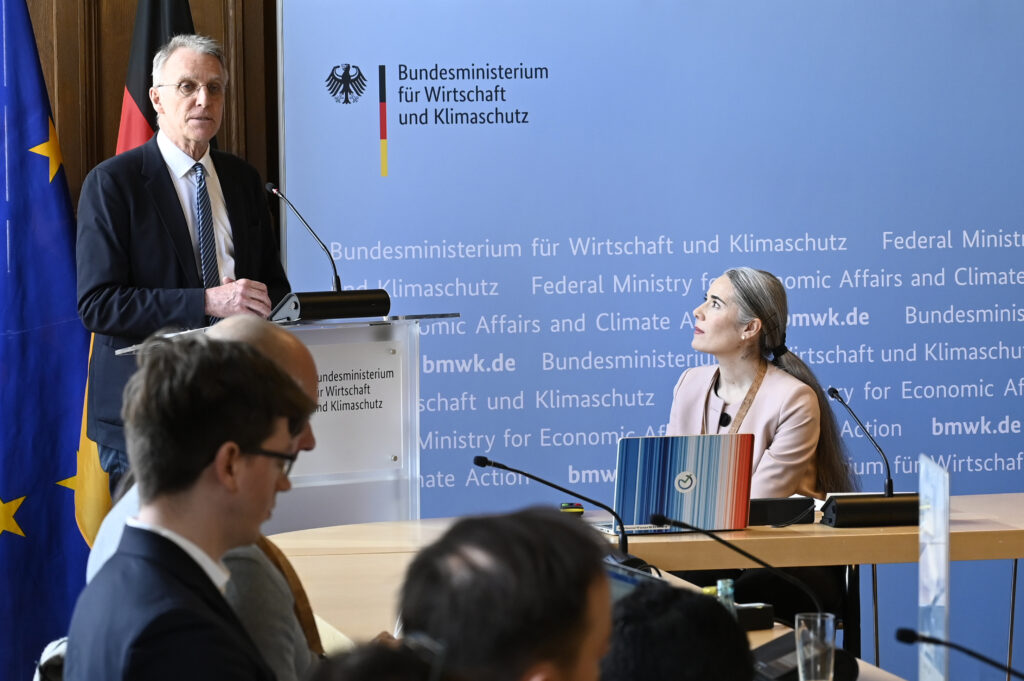
Energy efficiency is not about doing less. It’s about doing better. It’s about sufficiency, resilience, and innovation. It’s about rethinking how we design buildings, how industries operate, how cities grow, and how we live. At its core, efficiency is about creating more value with less waste. It means smarter technologies, new economic models, and decentralised systems that are less dependent, more affordable, and more sustainable.
At COP28 in Dubai, the world acknowledged this potential by committing to double the global rate of energy efficiency improvement from 2% to 4% annually by 2030. This is a bold target—but not an impossible one. We already have the tools. What we need is a bold shift in the story we tell and the priorities we set.
A Triple Win: Climate, Security, and Competitiveness
In his keynote, Wenzel spoke of a “triple win”: energy efficiency as a lever for climate action, national energy security, and economic competitiveness. And he’s right. Every kilowatt-hour we save not only reduces emissions but lessens our dependence on imported fuels, lightens the load on infrastructure, and opens new markets.
Germany is already leading by example. In 2023, it adopted the Energy Efficiency Act, its first cross-sector legal framework for energy demand reduction. Federal programmes like BEG (for building retrofits), BEW (for heat networks), and EEW (for businesses) are bolstered by €50 billion from the Climate and Transformation Fund. The message is clear: efficiency is an engine of innovation and economic opportunity.
Efficiency and Renewables: Two Pillars, One Mission
A clear message echoed throughout the day: energy efficiency and renewable energy must advance together. The pledge made at COP28 to triple renewable energy capacity by 2030 is a landmark goal—but without simultaneously doubling energy efficiency improvements, it risks falling short of its full potential. Efficiency reduces demand, enabling a faster, more affordable, and more secure energy transition.
This integrated approach is also championed by REN21, which consistently advocates for breaking down the artificial divide between efficiency and renewables. Their call is for a unified energy transition narrative—one that aligns technologies, policies, and communities around shared goals. As speakers reminded us, it’s not about efficiency or renewables—it’s about designing a system where both amplify each other.
From Data Centres to Buildings: Global Insights
During the Energy Efficiency Day, four sessions spotlighted actionable solutions:
- Financing Efficient Buildings: Improving building performance is a game-changer. Yet, the world faces a USD1.1 trillion investment gap. Stable policies, blended financing, and upskilled workforces are part of the recipe for progress.
- Data Centres: These digital giants must grow smart. The session called for national strategies to manage the allocation process, waste heat reuse, and power integration—proving that digitalisation and efficiency must go hand in hand.
- Efficiency Networks: Brazil, Mexico, and Germany showed how voluntary business-led networks can slash emissions, reduce costs, and enhance competitiveness, a replicable model for all economies.
- Buildings and Construction: The GlobalABC launched its Global Status Report 2024 and put the spotlight on initiatives like the Partnership for Energy Efficiency in Buildings and best practices from the UAE to China and South Africa, showing that a comprehensive, inclusive approach—anchored in policy, finance, and collaboration—can overcome barriers to large-scale retrofits.
A Collective Vision, a Shared Drive
The Energy Efficiency Day was powered by a coalition of organizations that exemplify the spirit of collaboration driving the transition. From global institutions like the International Energy Agency and SEforALL to mission-driven platforms such as Mission Efficiency, the Energy Efficiency Hub, the newly launched Global Energy Efficiency Alliance and the Global Alliance for Buildings and Construction (GlobalABC), each brought deep expertise and a commitment to accelerate progress.
The German Federal Ministry for Economic Affairs and Climate Action set the tone with its policy leadership, while partners like DENA, the Rocky Mountain Institute (RMI), and the IEEKN bridged policy with practice, offering grounded insights from across sectors. Together, these organizations and their networks of partners reflect a growing ecosystem working across borders, technologies, and disciplines to put energy efficiency at the center of climate and economic strategies.
Shaping a New Narrative
Above all, we must rewrite the story of energy efficiency. No longer should it be framed as a path of austerity or restraint. It is a route to prosperity, creativity, and independence.
Energy efficiency is where engineering meets imagination—where we retool our economies not to shrink, but to evolve. It is a foundation for cleaner air, healthier homes, stronger industries, and fairer societies.
This is the momentum we must carry forward, not only into policy and practice but into how we talk about energy, climate, and the future we want.
Looking Ahead
This is the first in a series of blog posts on energy efficiency and renewable energy here at 10 Billion Solutions. In the next few days we will give a deeper look at the newly launched UNEP’s Buildings and Construction Global Status Report and what it reveals about global progress and remaining gaps.
We will also write about the ins and outs of organising and facilitating impactful transformative discussions such as this recent Energy Efficiency Dialogue and what it takes to hold space, build energy, and guide meaningful dialogue across diverse stakeholders.
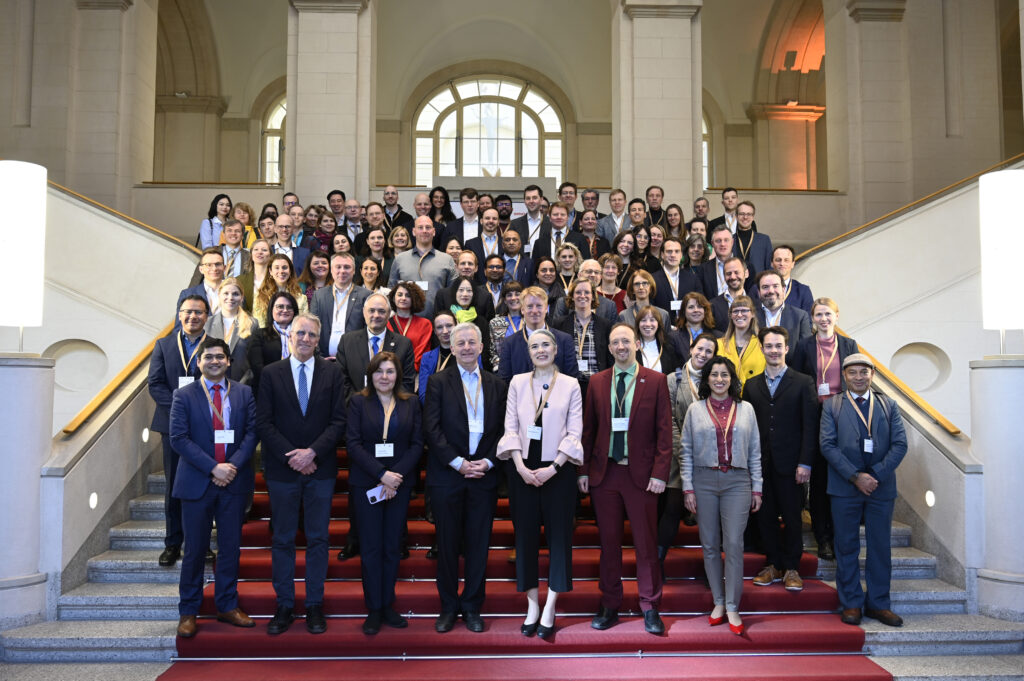
HEADING PHOTO CAPTION: Mariana Castaño Cano welcomes participants to the Energy Efficiency Day organised by the German Federal Ministry for Economic Affairs and Climate Action on 17 March 2025. Photo by 10 Billion Solutions / Christophe Rousse.
See the photo album from the Energy Efficiency Day on Flickr here.

